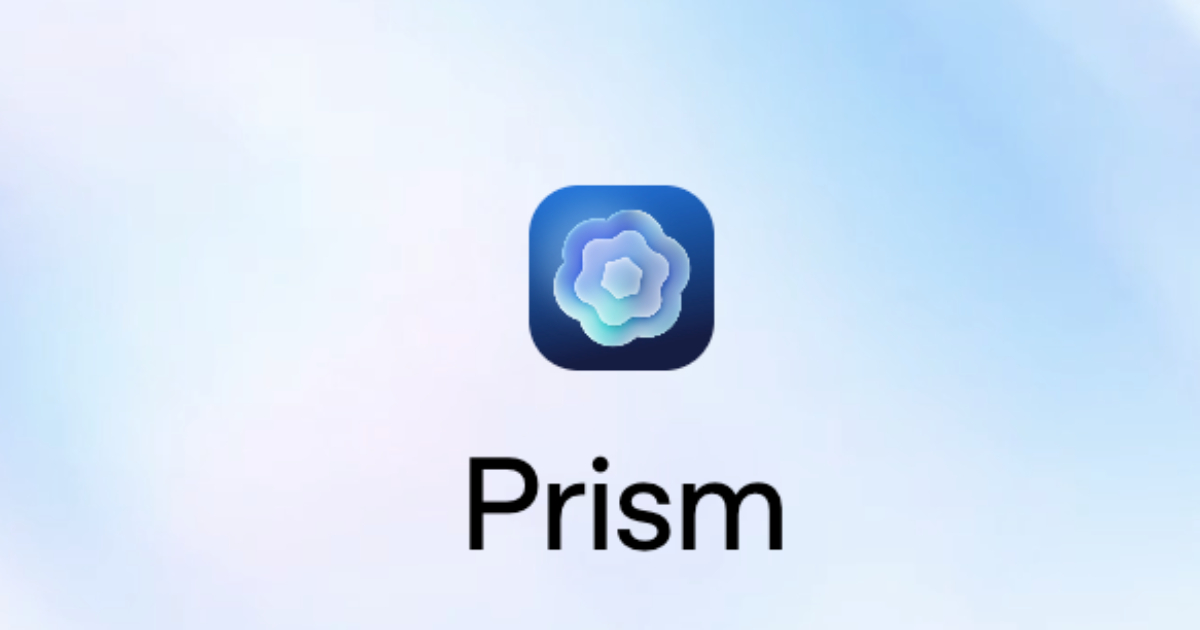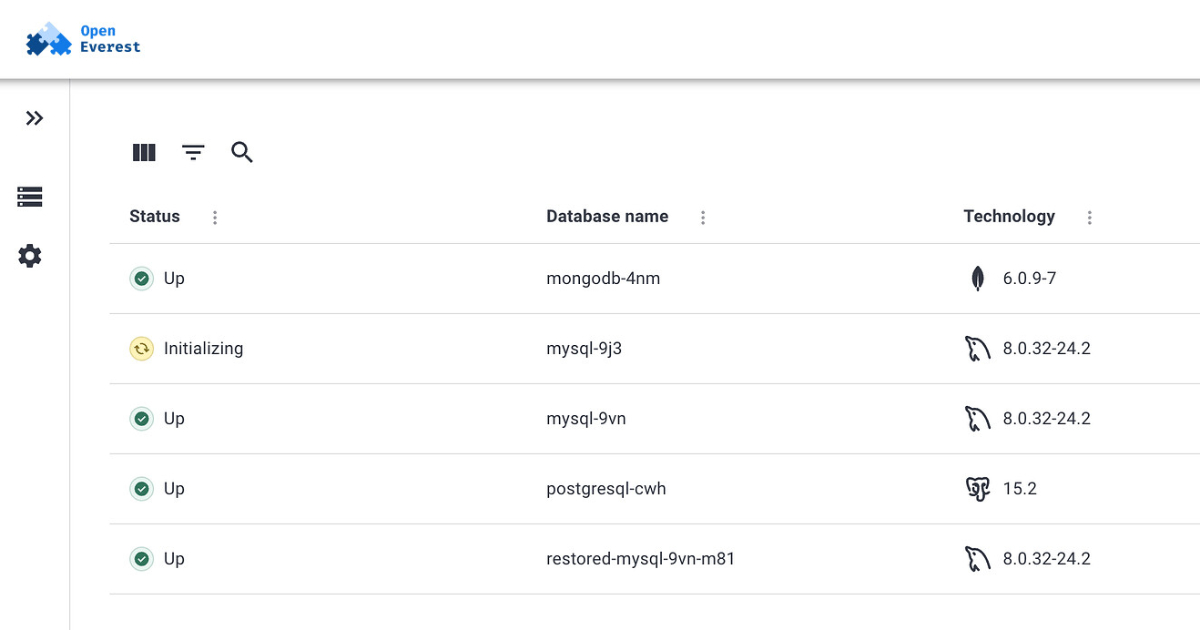Codetown
Codetown ::: a software developer's community
O'Reilly Solid Conference CFP closes 1/20!
The O'Reilly Solid conference is in San Diego in June and it's all about the merging of HW/SW for the IoT. Want to get involved? The Call for Papers is open and there are loads of benefits in giving a presentation for an O'Reilly conference., Take it from me! It's a great thing to do for the community and you learn a ton to boot.
Here's some info:
Important Dates
- Call for Participation closes: January 20, 2015
- All proposers notified: By February 2015
- Registration opens: February 2015
See examples of accepted Solid 2014 Speakers and Sessions and watch videos from selected sessions.
We want to hear about heavy industries that are instrumenting their machines and controlling them in new ways, software that’s jumped beyond the computer screen, new ways of building hardware that make manufacturing accessible and responsive, and advances in biology that make the living world a bridge between physical and digital.
Solid isn’t a conventional technical conference, though it has deep technical foundations. Talks and demonstrations should be accessible to a broad audience drawn from software, manufacturing, hardware design and heavy industry and should speak to the promises and challenges of bringing software and the physical world together. How is the programmable world disrupting your business model? What tools are you using to instrument your machines? What ambient data have you discovered in the physical world? What new ways have you found for interacting with your users through the built environment?
A few ideas are below, but feel free to go beyond them. Take a look at our Program Committee to get a sense of the kind of work we’re interested in. We’re particularly interested in presentations that include a demonstration, but all interesting ideas, presented in interesting ways, are welcome.
Session proposals are invited on, but not limited to, the following topics.
Building / Manufacturing
- The Shenzhen ecosystem
- Where to build: domestic or foreign?
- Logistics
- Scaling
- How factories work
- How manufacturing processes work
- Prototyping
- Democratization of hardware
- Pitfalls between prototype and production
Business
- Both the causes and effects of the programmable world
- Crowd funding
- Venture funding
- Accelerators
- Industry trends
- How to keep innovation happening in big business
- Intellectual property: open vs proprietary, east vs west
- Protecting intellectual property
- Managing for security
- Creating feedback loops that work
Design
- Encapsulating the technology; making the technology accessible to people through a device
- Industrial design
- Design for manufacturing
- Prototyping tools, processes, and methods
- Device design case studies
- Tools and workflows for product development
- Open hardware
- Designing both hardware and software for seamless integration
- Building hardware with software in mind
- Hardware is easy
- Hardware is hard
- Design at the edge
- Connecting to the physical world for good
Society
- Addressing major challenges in public health, safety, and access to technology
- Reducing environmental impact
- Managing for security
Technology
- The stuff that makes devices work—the backend stuff
- Sensors
- Embedded devices
- Wearable technology
- Robotics
- Cutting-edge academic research that’s about to become real
- Wireless protocols and standards
- Tools for connecting machines to the cloud
- Software that can handle machine data
- Connecting to the physical world via bioengineering
- Emerging platforms and techniques for prototyping and fabrication that support highly-customizable hardware design
- Networked intelligence
- The challenges of dealing with the physical world, and solutions that come from electrical engineering, like passive electronics and analog computation
- New models for maintaining security/designing with security in mind
You’ll be asked to include the following information for your proposal:
- Proposed title
- Overview and extended descriptions of the presentation: main idea, subtopics, conclusion
- Suggested tags
- Suggested track
- Speaker(s): expertise and summary biography
Proposals will be considered for the following types of presentations:
- Session: 40-minute presentations, discussions, or panels
- Tutorial: day-long or half-day sessions that help attendees develop skills
Tips for Successful Proposals
Help us understand why your presentation is the right one for Solid. Below are some tips for writing a successful proposal. Please keep in mind that this event is by and for professionals. Our participants expect that all presentations and supporting materials will be respectful, inclusive, and adhere to our Code of Conduct.
- Be authentic. Your peers need original ideas in real-world scenarios, relevant examples, and knowledge transfer.
- Give your proposal a simple and straightforward title. Clever or inappropriate titles make it harder to figure out what you’re really talking about.
- Include as much detail about the presentation as possible. Longer talks should provide more details.
- If you are proposing a panel, tell us who else would be on it.
- Keep proposals free of marketing and sales.
- If you are not the speaker, provide the contact information of the person you’re suggesting. We tend to ignore proposals submitted by PR agencies unless we can reach the suggested participant directly. Improve the proposal’s chances of being accepted by working closely with the presenter(s) to write a jargon-free proposal that contains clear value for attendees.
- Keep the audience in mind: they’re professional, and already pretty smart.
- Context is important. If your talk is about something truly ground-breaking, it’ll be helpful if you describe it in terms of things that attendees might already know of.
- Limit the scope: in 40 minutes, you won’t be able to cover Everything about Framework X. Instead, pick a useful aspect, or a particular technique, or walk through a simple program.
- Explain why people will want to attend: is your topic gaining traction? Is it critical to business? Will attendees learn how to use it, program it, or just what it is?
- Repeated talks from the conference circuit are less likely to be appealing. If you speak at a lot of events, be sure to note why this presentation is different.
- Don’t assume that your company’s name buys you credibility. If you’re talking about something important that you have specific knowledge of because of what your company does, spell that out in the description.
- Indicate in your proposal notes whether you can give all the talks you submitted.
- Does your presentation have the participation of a woman, person of color, or member of another group often underrepresented at tech conferences? Diversity is one of the factors we seriously consider when reviewing proposals as we seek to broaden our speaker roster.
- We welcome sessions for attendees with a variety of skill levels. Indicate the experience and knowledge level of the audience that you are targeting: novice, intermediate, or expert.
Other resources to help write your proposals:
- Take a look at this handy proposals guide that goes through examples of winning proposals, divided by presentations types: Skills, Technology, Case Study, and Tutorials.
- View Matthew McCullough’s presentation on 10 Quick Tips for More Effective Conference Submissions and Present...
- View a Women Who Code panel discussion on preparing for and speaking at technical conferences.
- See examples of accepted Solid 2014 Speakers and Sessions and see videos from selected sessions
- Download and read the free ebook, Propose, Prepare, Present.
Notes
Welcome to Codetown!
 Codetown is a social network. It's got blogs, forums, groups, personal pages and more! You might think of Codetown as a funky camper van with lots of compartments for your stuff and a great multimedia system, too! Best of all, Codetown has room for all of your friends.
Codetown is a social network. It's got blogs, forums, groups, personal pages and more! You might think of Codetown as a funky camper van with lots of compartments for your stuff and a great multimedia system, too! Best of all, Codetown has room for all of your friends.
Created by Michael Levin Dec 18, 2008 at 6:56pm. Last updated by Michael Levin May 4, 2018.
Looking for Jobs or Staff?
Check out the Codetown Jobs group.
InfoQ Reading List
Chainguard Finds 98% of Container CVEs Lurking Outside the Top 20 Images

The latest State of Trusted Open Source report from Chainguard gives details on current industry thinking about vulnerabilities in container images and the long tail of open-source dependencies. The report offers a data-driven view of production environments based on more than 1,800 container image projects and 10,100 vulnerability instances observed between September and November 2025.
By Matt SaundersOpenAI Launches Prism, a Free LaTeX-Native Workspace with Integrated GPT-5.2

OpenAI has released Prism, a free, cloud-based LaTeX workspace designed for academic writing and collaboration, with GPT-5.2 integrated directly into the authoring environment. The platform combines document editing, compilation, citation management, and AI-assisted revision in a single web-based workspace, aimed at researchers producing long-form scientific documents.
By Robert KrzaczyńskiOpenEverest: Open Source Platform for Database Automation

Percona recently announced OpenEverest, an open-source platform for automated database provisioning and management that supports multiple database technologies. Launched initially as Percona Everest, OpenEverest can be hosted on any Kubernetes infrastructure, in the cloud, or on-premises.
By Renato LosioGoogle Introduces Managed Connection Pooling for AlloyDB

Google Cloud has launched managed connection pooling for AlloyDB for PostgreSQL, boosting client connections by 3x and transactional throughput by up to 5x. This feature simplifies database management by automating connection management and reducing latency.
By Steef-Jan WiggersNVIDIA Dynamo Planner Brings SLO-Driven Automation to Multi-Node LLM Inference

Microsoft and NVIDIA have released Part 2 of their collaboration on running NVIDIA Dynamo for large language model inference on Azure Kubernetes Service (AKS). The first announcement aimed for a raw throughput of 1.2 million tokens per second on distributed GPU systems.
By Claudio Masolo
© 2026 Created by Michael Levin.
Powered by
![]()
You need to be a member of Codetown to add comments!
Join Codetown